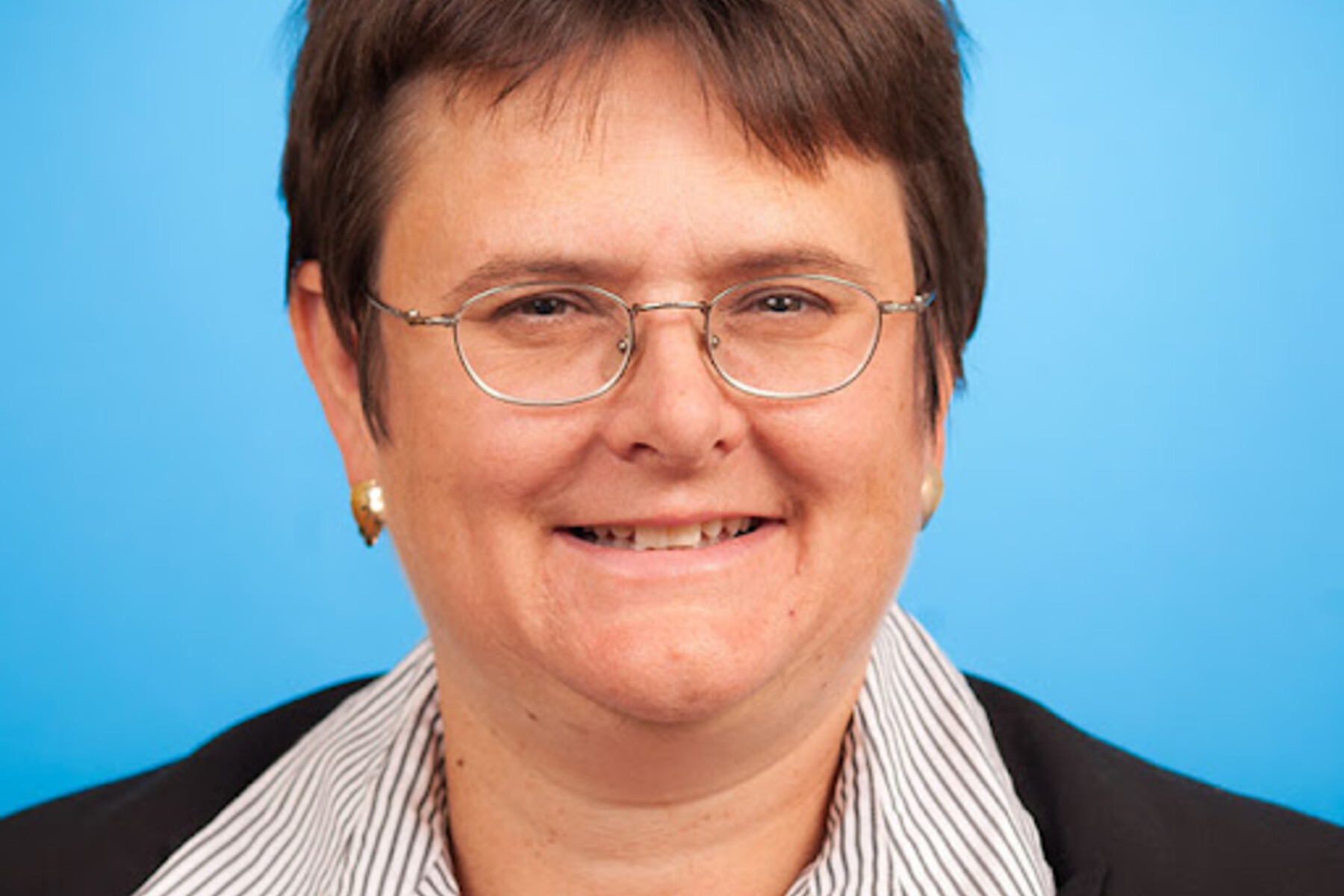Main Second Level Navigation
Congratulations to 2023 Temerty-Tanz-TDRA Seed Fund Awardees
The Temerty-Tanz-TDRA Initiative was launched in 2021 to explore the interactions between dementia and depression. Through bridging pre-clinical and clinical research, the initiative aims to establish clear pathways for dementia prevention by modifying depression as a risk factor.
As part of the Temerty-Tanz-TDRA Initiative, we proudly launched a third Seed Funding Competition in 2023. This year, differently from the past two competitions, one award was reserved for a project that focus on the link between depression and dementia, and two for projects that focus on neurodegenerative disease/dementia in general
We are thrilled to announce that three projects were awarded seed funding in this year’s competition. Please see below for a description of the funded projects.
Stream: Dementia and depression
Project 1: Harnessing vagal nerve function to curb depression and dementia
Principal Investigators: Minna Woo (UHN) & Thomas Prevot (CAMH)
Dementia, and associated cognitive deficits, is a major health problem that is expected to affect 150 million people globally by 2050. This is often accompanied by depression. Yet, the exact mechanisms of how depression and dementia co-occur remain poorly understood. Inflammation in the brain is a key driving factor for dementia, which is also a shared risk factor for depression.
Research has shown that a major branch of the nervous system, known as the vagus nerve, plays a critical role in suppressing inflammation. Dementia risk increases with aging, which coincides, interestingly, with the decline in vagal function. Thus, the focus of our study is to investigate the mechanistic role of vagal function in preclinical models of dementia and depression.
This study will test the hypothesis that vagal nerve function regulates the emergence of depression and cognitive decline. Researchers anticipate that subjects with enhanced vagal function will be protected against increased neuroinflammation, depression and cognitive deficits. Better understanding of the molecular mechanisms that regulate vagal function will have implications for application of vagal nerve stimulation, which is already approved for refractory (or hard to treat) depression.


Stream: Dementia and neurodegenerative diseases
Project 2: Using functional imaging to evaluate the effect of photobiomodulation in patients with Mild Cognitive Impairment
Principal Investigators: Corinne Fischer (UHT), Simon Graham (Sunnybrook), Tom Schweizer (UHT)
This study focuses on investigating the efficacy and underlying mechanisms of photobiomodulation (PBM), a novel non-invasive candidate treatment that delivers infrared light to the brain and that has shown promise in preclinical studies and case series. Researchers will study the suggested mechanisms of PBM by utilizing state-of-the-art in-vivo 31 phosphorous MR spectroscopy (MRS) and MRI to measure brain neural metabolites and structural and functional brain alterations. Additionally, they will investigate the association between cognition and MRS findings and blood-biomarkers (lactate and pyruvate) commonly used to estimate cellular energy levels indirectly.
The study will recruit 30 older adults with Mild Cognitive Impairment (MCI) who will receive home-based PBM treatment for six weeks (15 active, 15 sham). Alongside the treatment, researchers will conduct comprehensive cognitive assessments, analyze blood lactate, and employ advanced MRI and MRS to examine pre- and post-treatment changes in brain structure and function. This experimental protocol presents a unique opportunity to gain a deeper understanding of the PBM's mechanisms of action on brain health and function, and to assess the potential of the collected data to provide biomarkers of PBM utility.



Stream: Dementia and neurodegenerative diseases
Project 3: On the road to acceptance: optimizing naturalistic driving monitoring systems for individuals with dementia
Principal Investigators: Mark Rapoport (Sunnybrook), Gary Naglie (Baycrest), & Sayeh Bayat (U of Calgary)
A major challenge in dementia care is determining the point at which driving safety becomes significantly compromised for drivers with dementia. While a diagnosis of dementia directly impacts driving abilities, it is insufficient for revoking one’s driving privileges. This is particularly true for individuals in the early stages of dementia who may retain the ability to drive safely for a certain period. On-road driving assessments are currently the gold standard for assessing fitness-to-drive in this population. However, these assessments have limitations, including lack of standardization across various centers, and challenges related to availability, generalizability, and cost.
This study aims to investigate the acceptability and usability of naturalistic driving monitoring systems to enhance driving-related decision-making in individuals with dementia. Specifically, the primary focus will be understanding the perceptions of community-based drivers with dementia regarding these modern driving monitoring technologies. Moreover, the study will explore their perspectives on the acceptability of decisions based on such technologies compared to those based on traditional on-road driving assessments. Focus group discussions will be employed to assess the technology's acceptability and identify potential barriers to its adoption.When fully developed, driving monitoring technologies could serve as early indicators of declining driving performance. This would enable a more evidence-based approach to decision-making regarding driving in dementia. The present study will allow us to anticipate how this technology can be implemented in practice.



News



